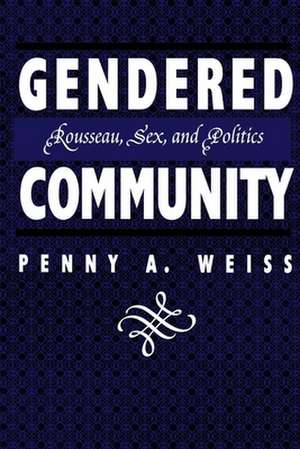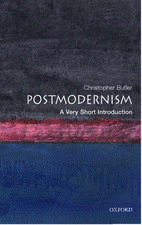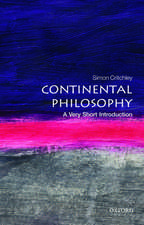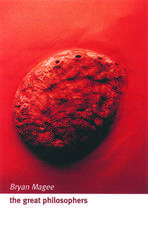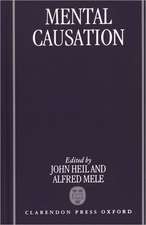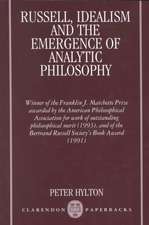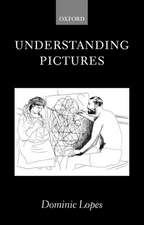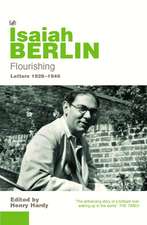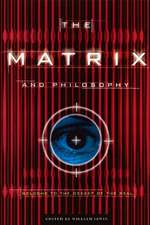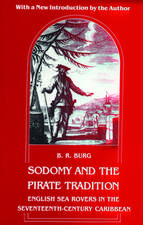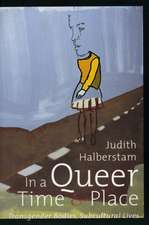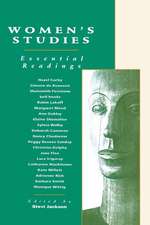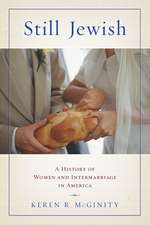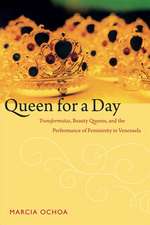Gendered Community – Rousseau, Sex, and Politics
Autor Penny A. Weissen Limba Engleză Paperback – 31 mar 1995
Weiss attempts to resolve apparent inconsistencies by placing them within the context of Rousseau's political philosophy, while avoiding the impulse to attribute his remarks on the sexes to the sexist times in which he wrote, or to his personal idiosyncracies.
A significant contribution to feminist theory, this book addresses the debates concerning Rousseau's understandings of gender, justice, freedom, community, and equality. She also examines how Rousseau's political strategies give rise to a range of important contemporary questions regarding families, citizens, and communities.
This new, more complete picture of Rousseau's work will challenge scholars and students of philosophy, politics, and women's studies to look at, and understand, Rousseau in a whole new way.Penny A. Weiss addresses the apparent male/female contradictions that run through the work of the eighteenth-century philosopher Jean-Jacques Rousseau. She argues that Rousseau's defense of sexual differentiation is based on the contribution he perceives it can make to the establishment of community, not on an appeal to some version of natural sex differences. Weiss convincingly demonstrates that Rousseau's political strategy is ultimately unworkable, undermining the very community it was meant to establish.
| Toate formatele și edițiile | Preț | Express |
|---|---|---|
| Paperback (1) | 207.51 lei 6-8 săpt. | |
| MI – New York University – 31 mar 1995 | 207.51 lei 6-8 săpt. | |
| Hardback (1) | 514.41 lei 6-8 săpt. | |
| MI – New York University – 30 sep 1993 | 514.41 lei 6-8 săpt. |
Preț: 207.51 lei
Nou
Puncte Express: 311
Preț estimativ în valută:
39.73€ • 41.37$ • 32.97£
39.73€ • 41.37$ • 32.97£
Carte tipărită la comandă
Livrare economică 14-28 februarie
Preluare comenzi: 021 569.72.76
Specificații
ISBN-13: 9780814792889
ISBN-10: 081479288X
Pagini: 208
Dimensiuni: 152 x 229 x 15 mm
Greutate: 0.35 kg
Editura: MI – New York University
ISBN-10: 081479288X
Pagini: 208
Dimensiuni: 152 x 229 x 15 mm
Greutate: 0.35 kg
Editura: MI – New York University
Recenzii
"Clear, rich, and coherent, the book succeeds splendidly."
--Choice "In a thoughtful, lucid and graceful book, Penny Weiss shows how Rousseau's attempt to combine a sexual division of labor with a communitarian politics--as good a try as there ever was--cannot succeed. Weiss offers a convincing feminist reading of Rousseau, one that genuinely gives the other side of the gender equality argument, Rousseau's side, its due."
--Jane Bennett, Goucher College
--Choice "In a thoughtful, lucid and graceful book, Penny Weiss shows how Rousseau's attempt to combine a sexual division of labor with a communitarian politics--as good a try as there ever was--cannot succeed. Weiss offers a convincing feminist reading of Rousseau, one that genuinely gives the other side of the gender equality argument, Rousseau's side, its due."
--Jane Bennett, Goucher College
Notă biografică
Penny A. Weiss
Textul de pe ultima copertă
The eighteenth-century French philosopher Jean-Jacques Rousseau's reputation for writing in apparent inconsistencies and paradoxes is well deserved. He confronts the reader with ironies of all sorts. In this engaging new work, Penny A. Weiss wrestles with issues of gender in the works of Rousseau. She addresses the apparent male/female role contradictions that run through many of his works and attempts to resolve them by placing them within the context of themes and principles that provide the framework for his political philosophy. Rousseau advocated separate family roles for men and women as a way of encouraging them to become more effective social and political beings. His advocacy of sexual differentiation has often been criticized as antifeminist. In Emile, for example, Rousseau argues that women engaged in activities outside the home will become neglectful of their domestic duties. Penny A. Weiss maintains that Rousseau's antifeminist convictions arise not out of any belief that biology determines different family roles for men and women or that the traditional nuclear family is naturally better than other types of families. Rather, he believes that sexual differentiation forces individuals to look beyond themselves for certain functions and to become more interdependent, social beings. Some have argued that rigidly defined roles for men and women have the effect of making both sexes incomplete. Such incompleteness is, however, precisely what Rousseau seeks since it helps people to overcome a natural egoism and selfishness and prepares them to be effective participants in the political order. It is tempting to attribute Rousseau's remarks on the sexes to the times in which hewrote or to his personal idiosyncratic preferences, so starkly do they seem to conflict with his principled commitments to freedom and equality. Weiss examines the debates about Rousseau's concepts of gender, justice, freedom, community, and equality, making a significant contribution to feminist theory. In recovering the connection between Rousseau's sexual politics and his political theory, Weiss advances a new, more complete picture of Rousseau's work. She convinces us that Rousseau's political strategy is ultimately unworkable, undermining, as it does, the very community it is meant to establish. Addressing important contemporary questions regarding families, citizens, and communities, Gendered Community also reveals the variety and complexity of antifeminist writing.
